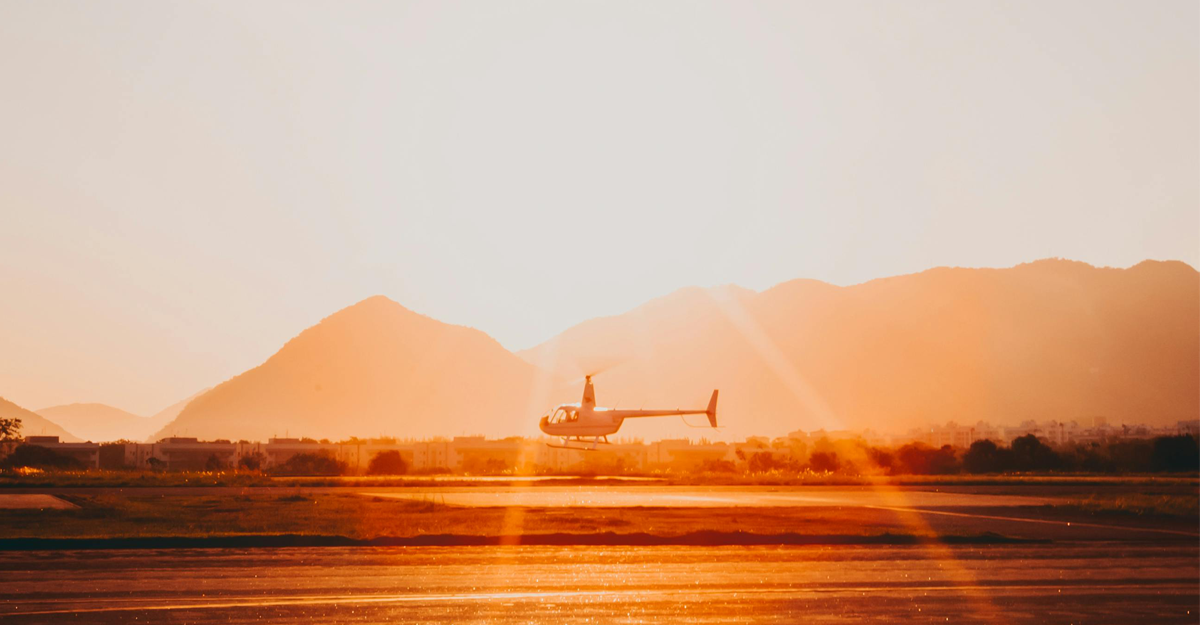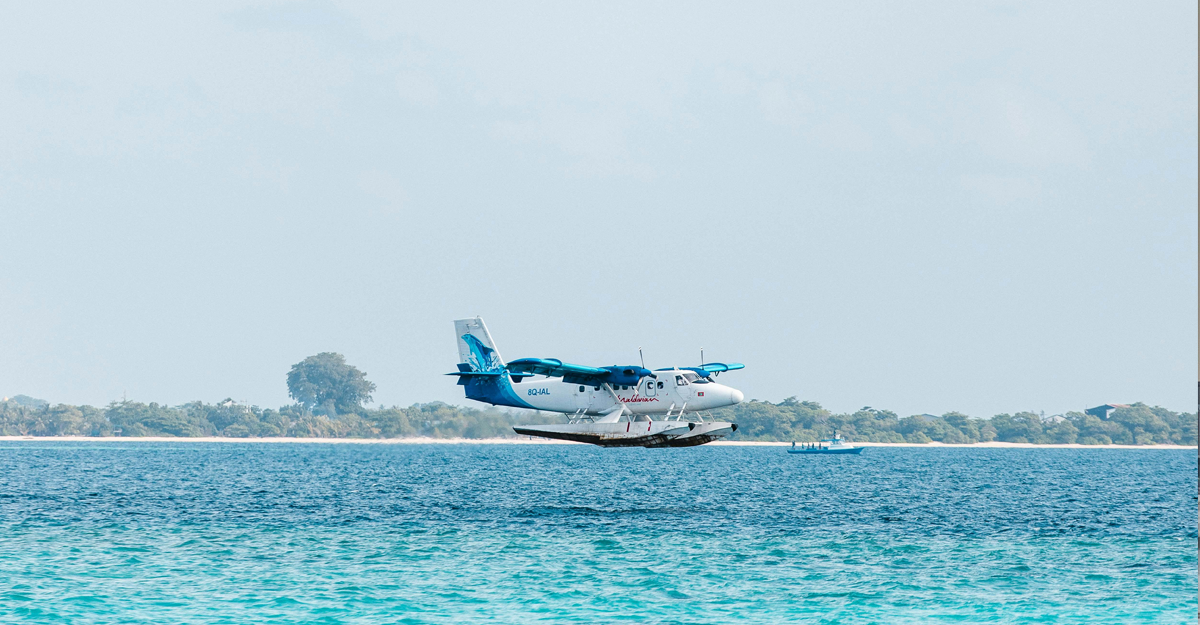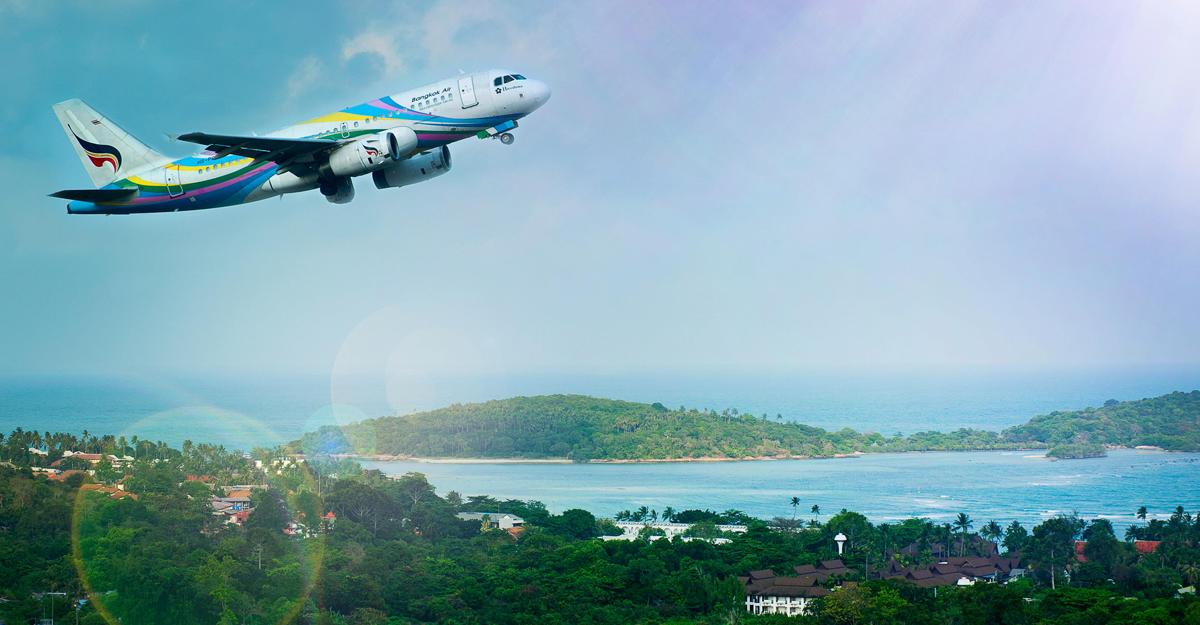Protection even in the heat of summer
The single grade heritage of AeroShell W100 Plus means outstanding protection especially in the humid summer months, which exposes your engine to higher risk of rust formation. The added anti-corrosion additive provides enhanced protection to your engine to prevent rust.
AeroShell W100 Plus contains enhanced anti-wear additives to protect your engine especially when your aircraft is clocking more miles during flying season.
The ashless dispersant additives in AeroShell Oil W100 Plus are designed to stop dirt particles from joining to form harmful sludge deposits. These combined with extra anti-corrosion and anti-wear additives offer better protection and therefore prolong the life of your engine.







